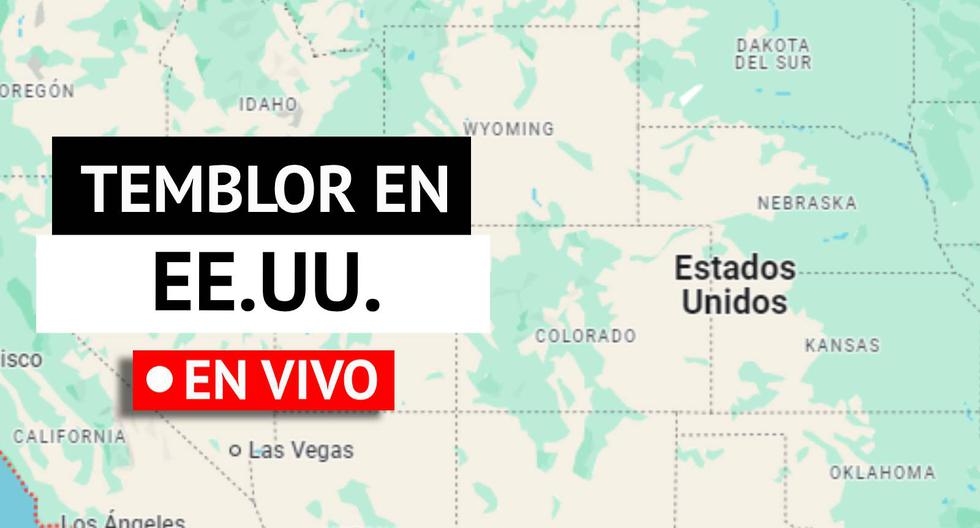Superintendent vs. Superintendent
Mr. Walters, the former state secretary of education who took over as Oklahoma’s education superintendent in January, has emerged as a provocative and divisive figure, waging cultural battles — often on social media — and defending prayer in public school settings.
He more recently focused his attention on Tulsa schools, citing their low academic outcomes and an embezzlement case that he said pointed to a culture of financial mismanagement. He threatened to take over or even dissolve the district, which serves nearly 34,000 students, a majority of whom are Hispanic or Black.
He had called for the removal of the superintendent, Deborah A. Gist, whom he blamed for poor outcomes.
Dr. Gist, who announced this week that she would step down in order to avoid a state takeover, said in an interview on Thursday that she believed Mr. Walters was using Tulsa as a “political football.”
She did not learn that Tulsa was at risk of being taken over, she said, until Mr. Walters held a rally outside the district’s offices this summer, defending a Tulsa school board member who had prayed at a public high school graduation. She said she had met with Mr. Walters only once, in a meeting a few weeks ago that lasted less than 30 minutes.
On Thursday, Mr. Walters said he was concerned about low literacy rates and a lack of financial oversight in the district, among other things, and gave Tulsa’s school board until the end of the year to show progress.
Research Says: Takeovers Don’t Typically Work
If officials want to help Tulsa children read better — an outcome sorely needed in a district where just one in 10 students are reading proficiently — taking away local control and handing it over to the state is not a slam dunk, according to research.
“We find no evidence that this benefits student academic achievement outcomes, on average,” said Beth Schueler, an assistant professor at the University of Virginia who has studied school district takeovers. She added that some evidence suggests that “it can be disruptive to academic achievement in the early years of reform, especially in reading achievement.”
What’s Next: ‘We Need Results’
The school district has appointed an interim superintendent and will be required to make monthly updates to the state, including on its finances.
Mr. Walters has demanded a quick turnaround, no easy feat in a district where a majority of students come from economically disadvantaged backgrounds. In 2022, just 8 percent of students were proficient in math and 11 percent were proficient in English language arts. (Statewide, about 20 percent of students were proficient in math and reading last year.)
“We need results,” Mr. Walters said. “To be clear: If they don’t fix their problems, I will.”





